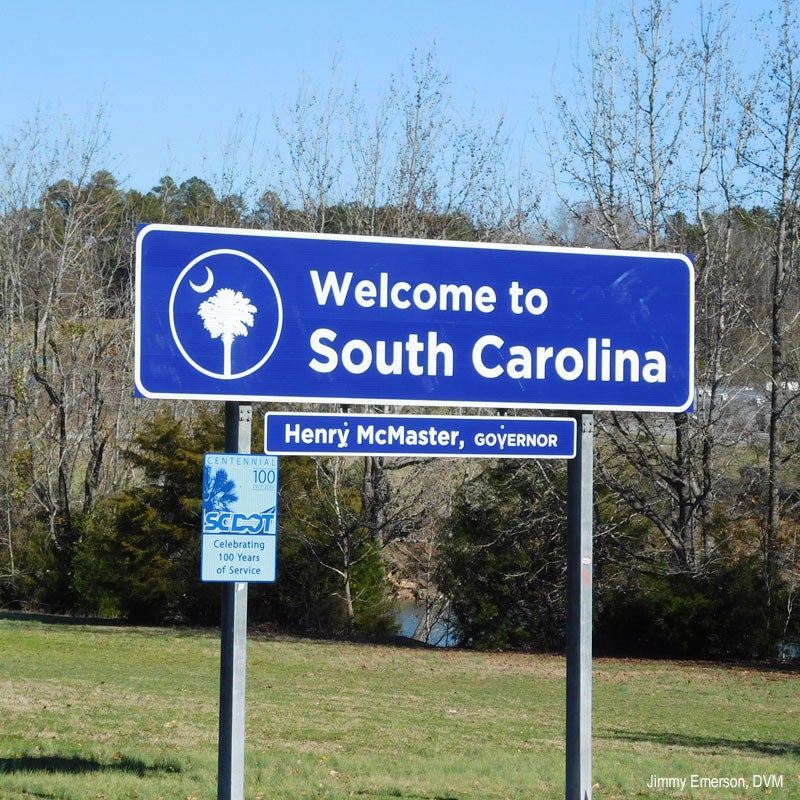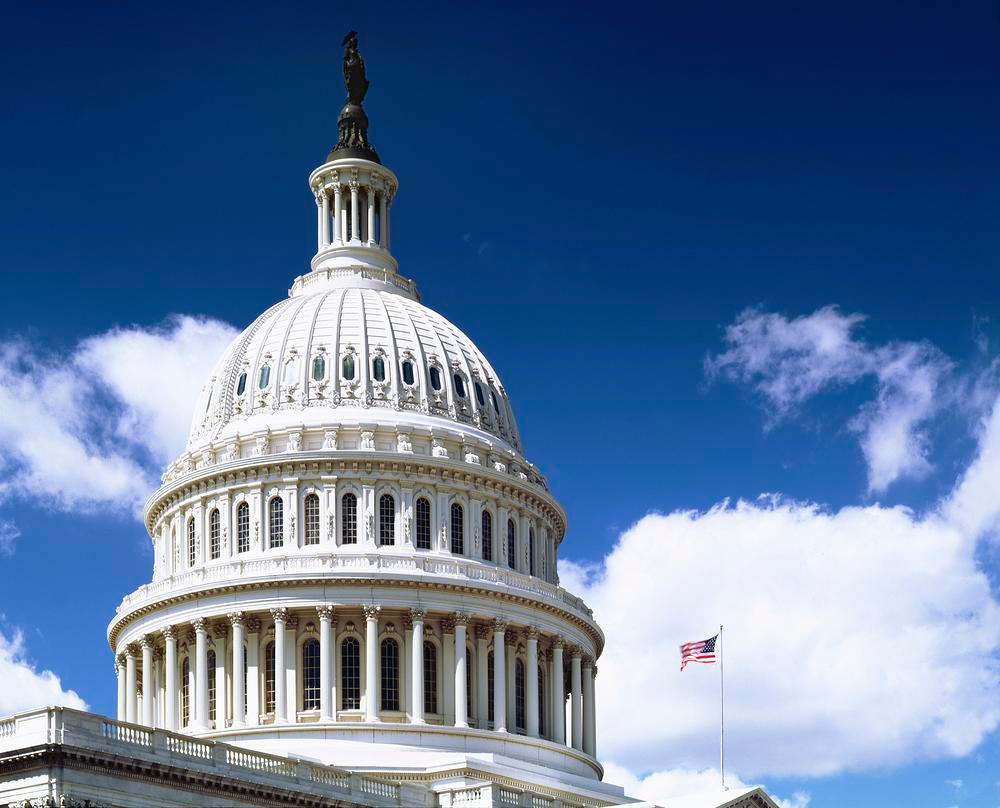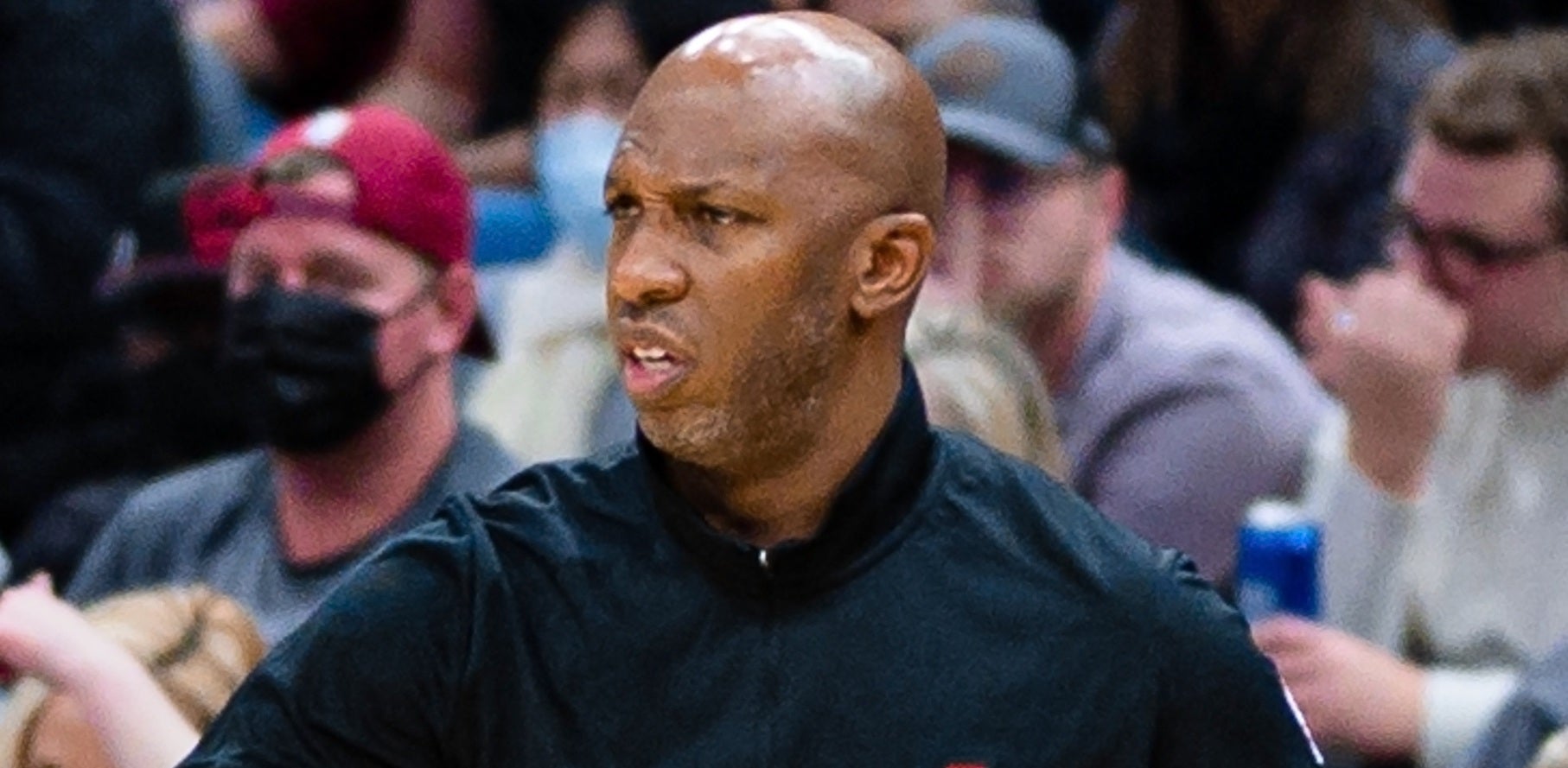South Carolina casinos on the menu?
HB 4176 has an influential backer in Wallace Cheves, an affluent businessman with political connections throughout the state. Cheves has experience in the world of casinos and wants to build a casino-resort at the barren site of the shuttered Santee outlets.
The bill would allow the Ways and Means Subcommittee to create the South Carolina Gaming Commission. That group would take charge of vetting and issuing casino licenses to approved operators.
"The schools will benefit; your local economy and restaurants will benefit,” James McQuilla, President of the Orangeburg Chamber of Commerce, said during the discussion. “Whenever you have jobs that are there for local individuals, then you're going to see a decrease in crime.
The Santee Development Corporation purchased the land for the targeted build site two years ago. The group said that it has plans for a lodge-like casino and resort.
Cheves added that the project would “be something that is locally done in a locally tasteful way.”
Reversing the precedent
House Bill 3625, which is also under consideration, would add legal sports betting to the forms of permitted gambling.
The sponsors of HB 4176, of which there are many, admitted that gambling does not align with South Carolina’s traditions. However, they argued that the economic benefits would improve public projects such as schools and cut down on unemployment, leading to a net positive.
The General Assembly finds that casino gaming is not consistent with nor compatible with the economic, labor, or tourism industry profile for most communities in South Carolina,” the bill reads. “However, the General Assembly recognizes and further finds that certain counties along Interstate 95 represent rural and impoverished school districts.
“[South Carolina's] General Assembly further finds that casino gaming in these counties is consistent and compatible with their economic, labor, and tourism profiles and that revenue, job creation, and economic improvement from such gaming would substantially enhance the educational opportunities of children living in these areas.”
The bill still has a long way to go before it becomes law. Notably, Gov. Henry McMaster (R) vowed to kill any gaming legislation that advanced to his desk. He will be in office until the end of his second term on Nov. 3, 2026.
Legislators would need a two-thirds majority in both the House and Senate to override his decision.




































